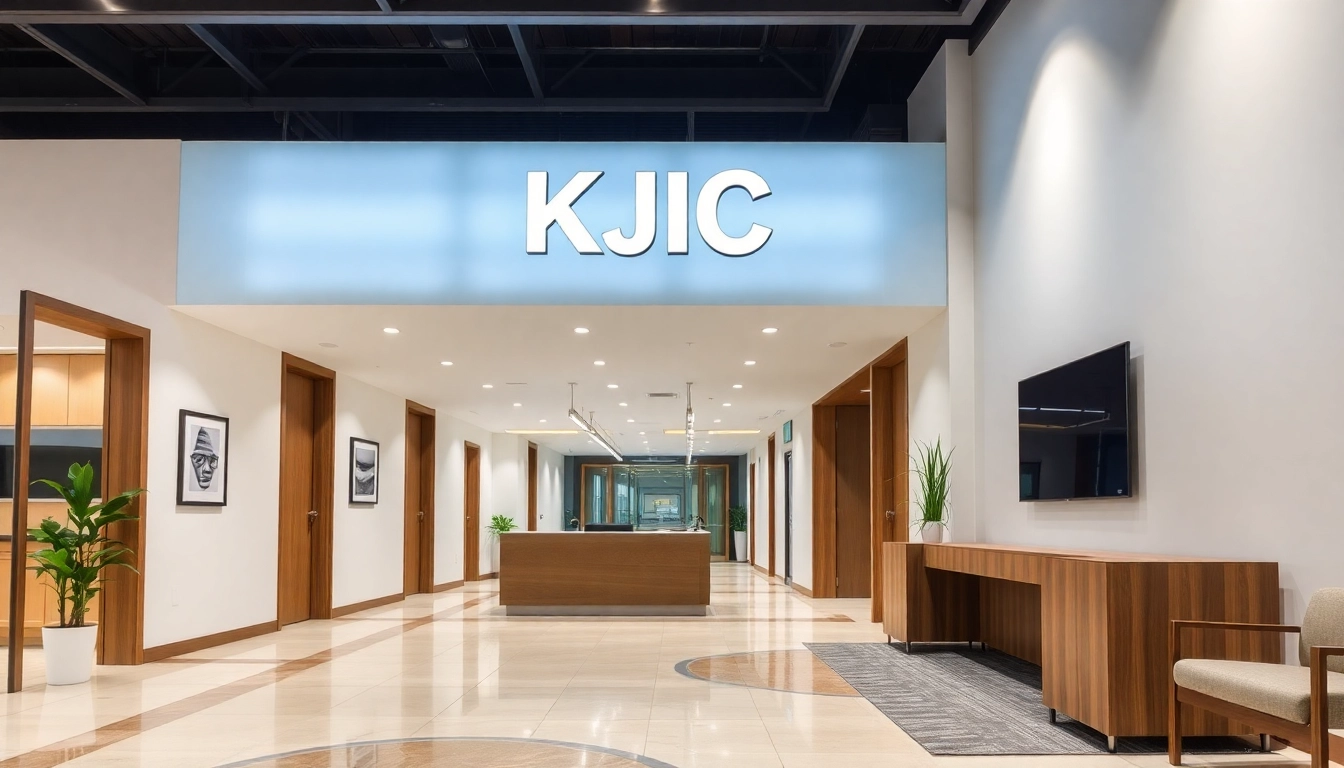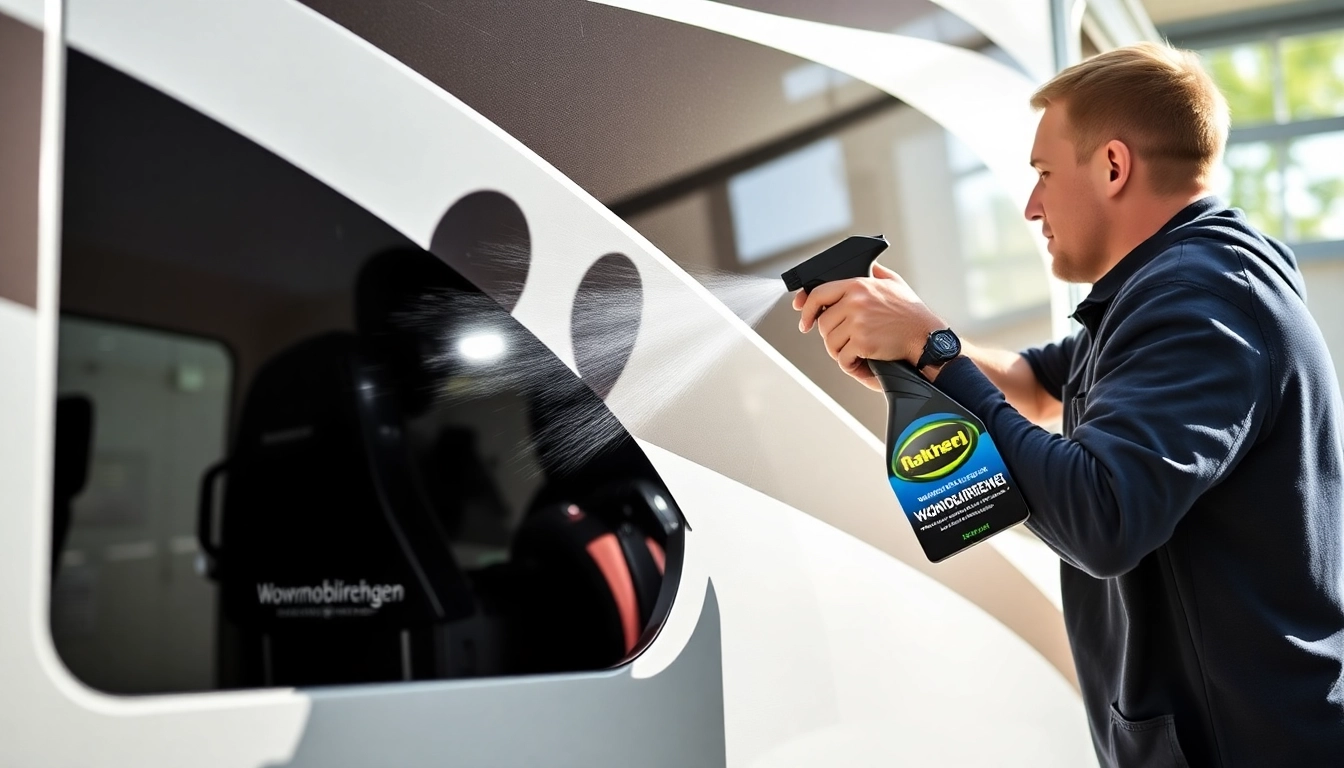Understanding UK Driving Licences and Legal Requirements
Obtaining a UK driving licence is an essential step for anyone wishing to operate a vehicle legally within the United Kingdom. The process is designed to ensure that drivers meet specific safety standards and possess adequate knowledge and skills to drive responsibly. Understanding the various types of licences and the legal pathways to obtaining them is fundamental before considering any shortcuts or unofficial methods. It’s crucial to recognize that the UK employs a structured licensing system managed by the Driver and Vehicle Licensing Agency (DVLA) and the Driver and Vehicle Standards Agency (DVSA), emphasizing safety, accountability, and legal compliance.
Globally, there are different classes of UK driving licences primarily categorized into provisional licences and full licences. A provisional licence is the initial step for learner drivers, allowing them to practice driving under certain conditions. Once sufficient experience and passing the necessary tests are achieved, drivers can progress to a full licence, granting unrestricted driving rights. It is important to adhere strictly to legal procedures when transitioning from provisional to full status to avoid penalties, revoke risks, and ensure road safety.
Types of driving licences in the UK
The UK issues several types of driving licences tailored to various vehicle categories and driver needs. The main types include:
- Provisional Licence: Allows new drivers to start learning to drive with a qualified instructor or supervising driver. Applicants must pass a theory test before taking the practical driving exam.
- Full (Category B) Licence: Permits the holder to drive cars and light vehicles without supervision once the required tests are completed.
- Motorcycle Licences: Ranging from AM (mopeds) to A (large motorcycles), each with specific competency requirements.
- HGV and PSV Licences: For commercial heavy goods vehicles and passenger vehicles, demanding additional training and testing.
Beyond these, there are licences for special vehicles, trailers, and international equivalents, each with distinct eligibility criteria and legal restrictions.
Legal steps to obtain a provisional and full licence
Legally acquiring a driving licence entails several sequential steps mandated by UK law:
- Applying for a Provisional Licence: This is the foundational step, which requires completing an online or paper application via the DVLA, paying applicable fees, and submitting proof of identity and residency.
- Learning to Drive: Enrolling with an approved driving instructor or practicing with a qualified supervisor, adhering to restrictions such as displaying ‘L’ plates and not driving on motorways.
- Passing the Theory Test: Consists of multiple-choice questions and a hazard perception test to evaluate knowledge of road signs, safety rules, and driving theory.
- Passing the Practical Driving Test: Assesses actual driving ability, including control, awareness, and hazard management under exam conditions.
- Obtaining the Full Licence: Upon successful completion, the DVLA issues a full, unrestricted licence, allowing independence on the roads.
It is critical to follow this process strictly, as shortcuts or bypassing legal requirements can lead to severe penalties, as discussed further below.
The importance of adhering to legal licensing procedures
Following the official procedures is fundamental not only for compliance but also for safety. Licensed drivers have demonstrated adequate skills and knowledge that reduce accident risks, protect other road users, and preserve public confidence in road safety standards. Unauthorized or illicit licensing—such as purchasing fake licences—poses grave risks, undermines legal enforcement, and endangers everyone on the road.
Debunking Myths: Is It Possible to Buy a UK Driving Licence Without Test?
Common scams claiming license without tests
In recent years, numerous online scams have surfaced, falsely promising quick and effortless access to a UK driving licence without the necessity of passing tests. These scams often target desperate individuals seeking shortcuts, leveraging social media, unverified websites, or illicit marketplaces. Typical claims include offers for genuine licenses, often at exorbitant prices, purportedly issued without any form of examination. For example, advertisements may claim to provide:
- Fully legitimate licences with no tests or administrative hurdles
- Genuine-appearing licences generated through dubious systems
- Quick delivery promises, sometimes within 24-48 hours
However, these claims are entirely false and designed to deceive vulnerable buyers.
Legal consequences of purchasing illegal licences
Engaging in the purchase or use of a counterfeit or illegally obtained UK driving licence carries severe legal repercussions. Authorities actively combat such activities through strict enforcement, and those caught face criminal charges, including:
- Criminal prosecution for fraud and document falsification
- Significant fines, potential imprisonment, and a criminal record
- Revocation of any license obtained illegally, with possible lifetime disqualification from driving
- Ineligibility for insurance claims, leading to hefty costs in case of accidents
How to identify legitimate licensing channels
Recognizing genuine sources and understanding the licensing process is vital for avoiding scams. Always verify:
- Official websites: The DVLA’s official site (apply for your provisional licence) is the only authoritative portal.
- Authorized driving schools and instructors registered with approved bodies.
- Official documentation, including valid forms of ID and proof of residency.
- Official notices and guidance directly from government portals.
If a deal sounds too good to be true—such as a license bypassing tests or an instant issuance—it is almost certainly a scam.
Risks and Consequences of Illegal Licence Acquisition
Legal penalties and criminal charges
Operating or attempting to acquire a fake license is a serious offence under UK law. Penalties include:
- Up to £5,000 in fines for making or using a fraudulent document
- Imprisonment for up to six months or more, depending on case severity
- A criminal record that can affect employment, travel, and future licensing attempts
Impact on insurance and driving record
Using an illegitimate licence compromises your insurance coverage. Insurance providers may refuse claims, leading to financial liabilities in the event of an accident. Moreover, being caught driving with a fake licence results in points on your record, potential bans, and difficulty renewing or obtaining legal licences in the future.
Safety concerns for drivers and others on the road
Illegitimate licences often do not reflect actual driver competence, increasing the risk of accidents, injuries, and fatalities. Unqualified drivers may lack critical knowledge of traffic laws, hazard perception, and vehicle control, endangering themselves and others. Regulatory agencies emphasize that genuine licensing ensures a minimum standard of driver safety, essential for public road safety.
Legal Alternatives to Simplify the Licensing Process
Applying online for provisional licences
The most straightforward, legal way to initiate your driving journey is through the official online application process. The DVLA offers a streamlined online service where you can apply rapidly, securely, and at a reasonable fee (currently £34). Typically, the process involves providing proof of identity, residency, and payslip or passport details. Upon approval, you receive a provisional licence permitting supervised driving practice.
More information can be found at Apply for your first provisional driving licence.
Taking approved driving lessons and tests
Enrolling with certified driving instructors ensures adherence to legal standards. Professional instructors prepare learners for the theory and practical tests, providing structured training that improves chances of passing on the first attempt. It’s advisable to complete multiple lessons, practice in various conditions, and utilize official mock tests and hazard perception exercises.
Exchange options for non-UK licences in the UK
If you already possess an overseas licence, you may be eligible to exchange it for a UK licence, depending on your country of origin. The process involves submitting your existing licence, proof of residency, and paying applicable fees. Details and eligibility criteria vary; always consult the official guidelines at Exchange your foreign driving licence in the UK.
Guidance on Avoiding Scams and Protecting Your Identity
Recognizing legitimate licensing sources
The cornerstone of protection against scams is knowledge. Remember that only the DVLA and approved instructors are authorized to issue licences. Beware of websites, social media ads, or individuals claiming to sell licenses or shortcuts. Always verify via official government portals.
Best practices for online verification
When conducting online searches for licensing services, ensure URLs are secure (https), check for official seals, and refrains from sharing sensitive information on unfamiliar or unverified websites. Use official government links or direct contact with authorized institutions for confirmation.
Contacting authorities for authentic licensing information
If you suspect fraud or encounter dubious offers, contact the DVLA or local licensing authorities immediately. They provide guidance, support, and enforcement to maintain the integrity of the licensing process and safeguard public safety.






